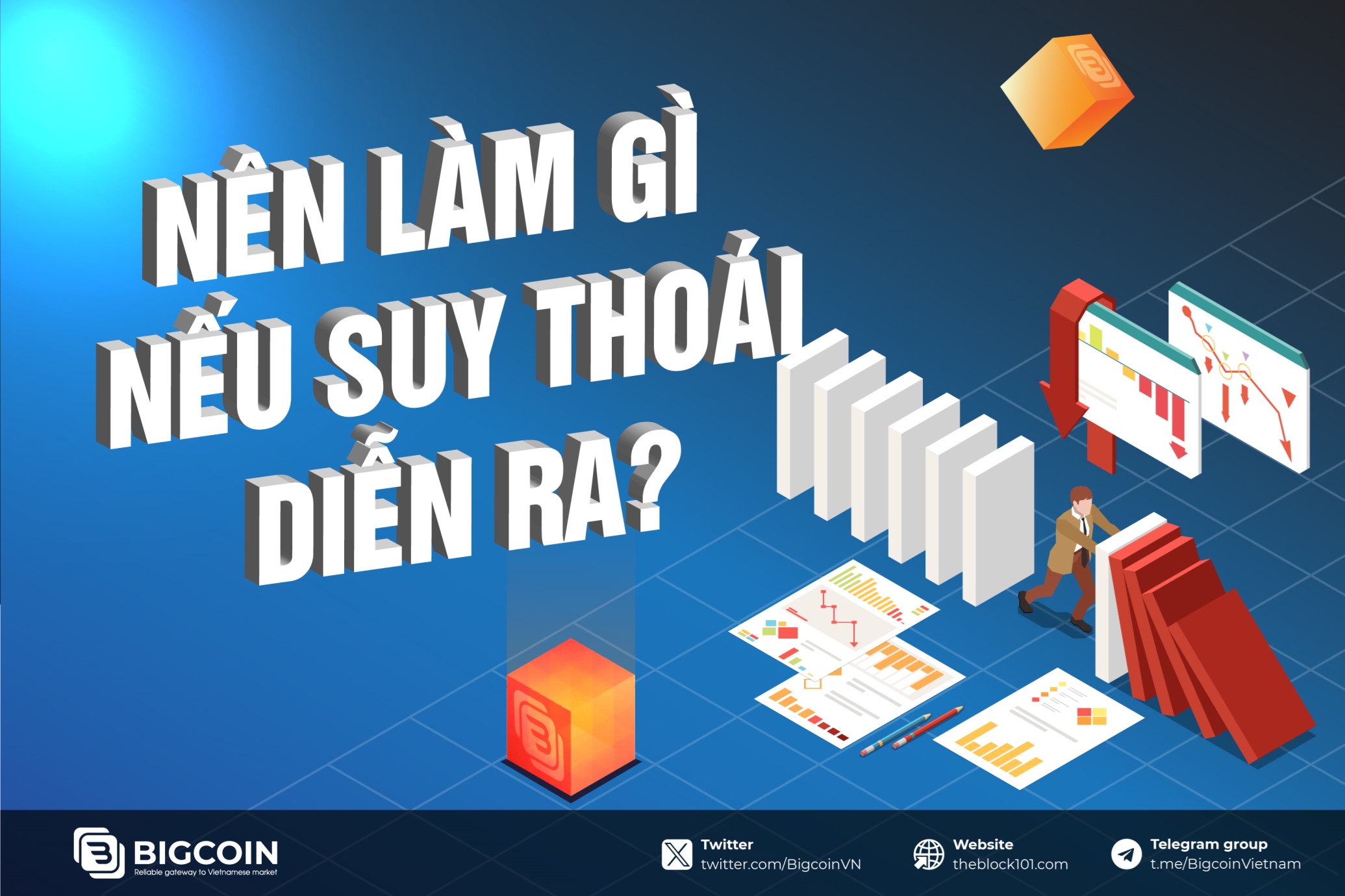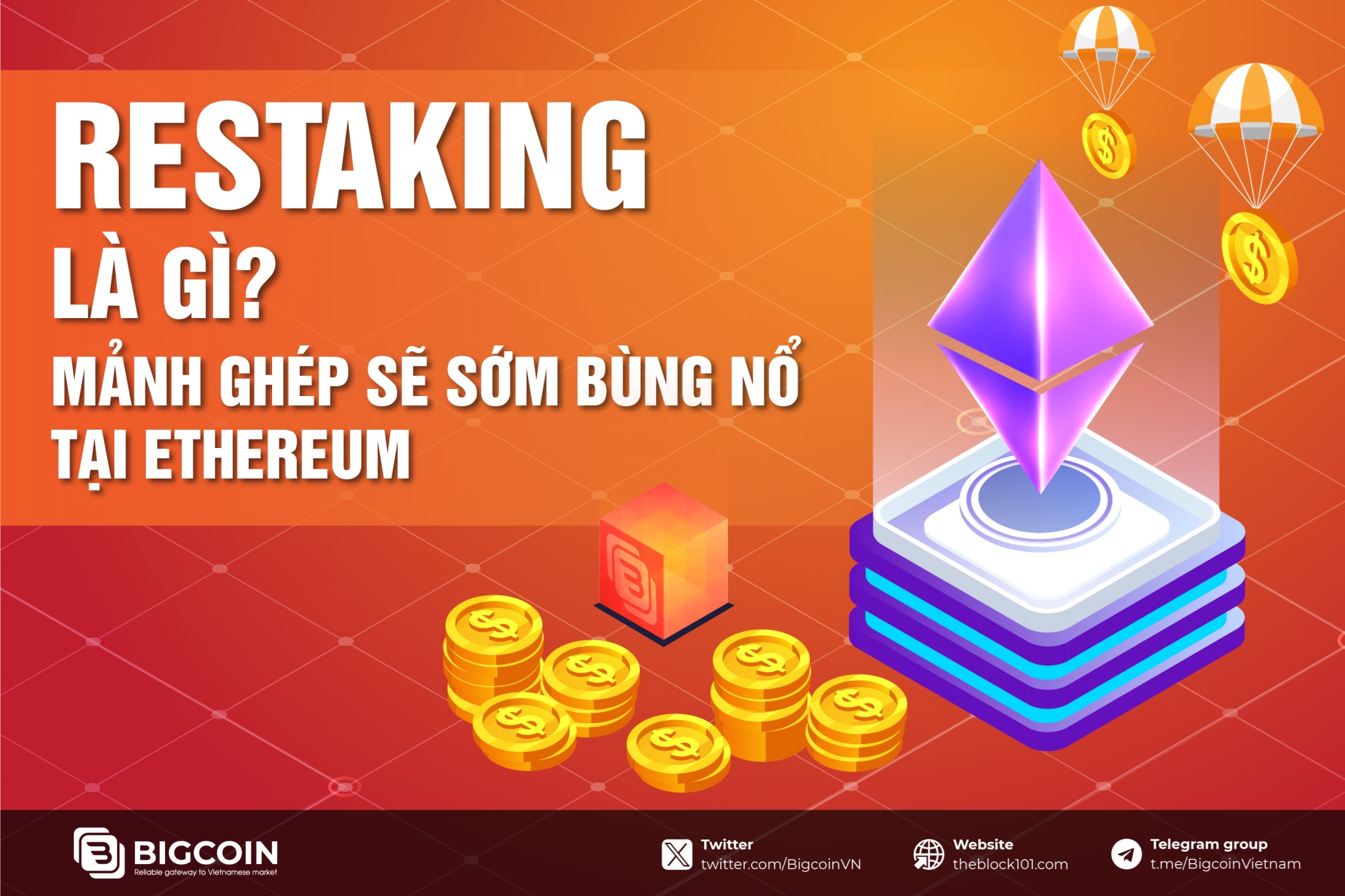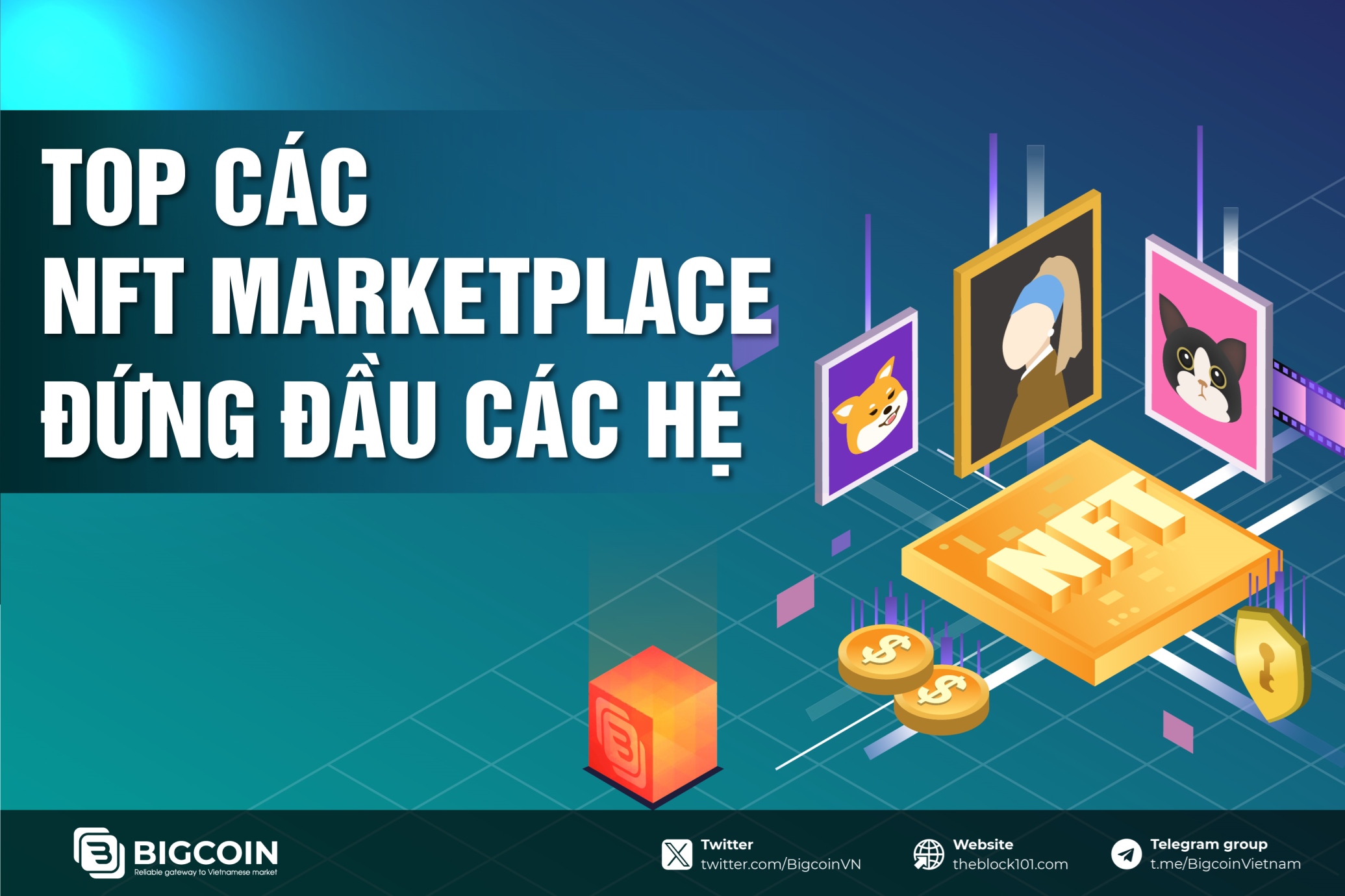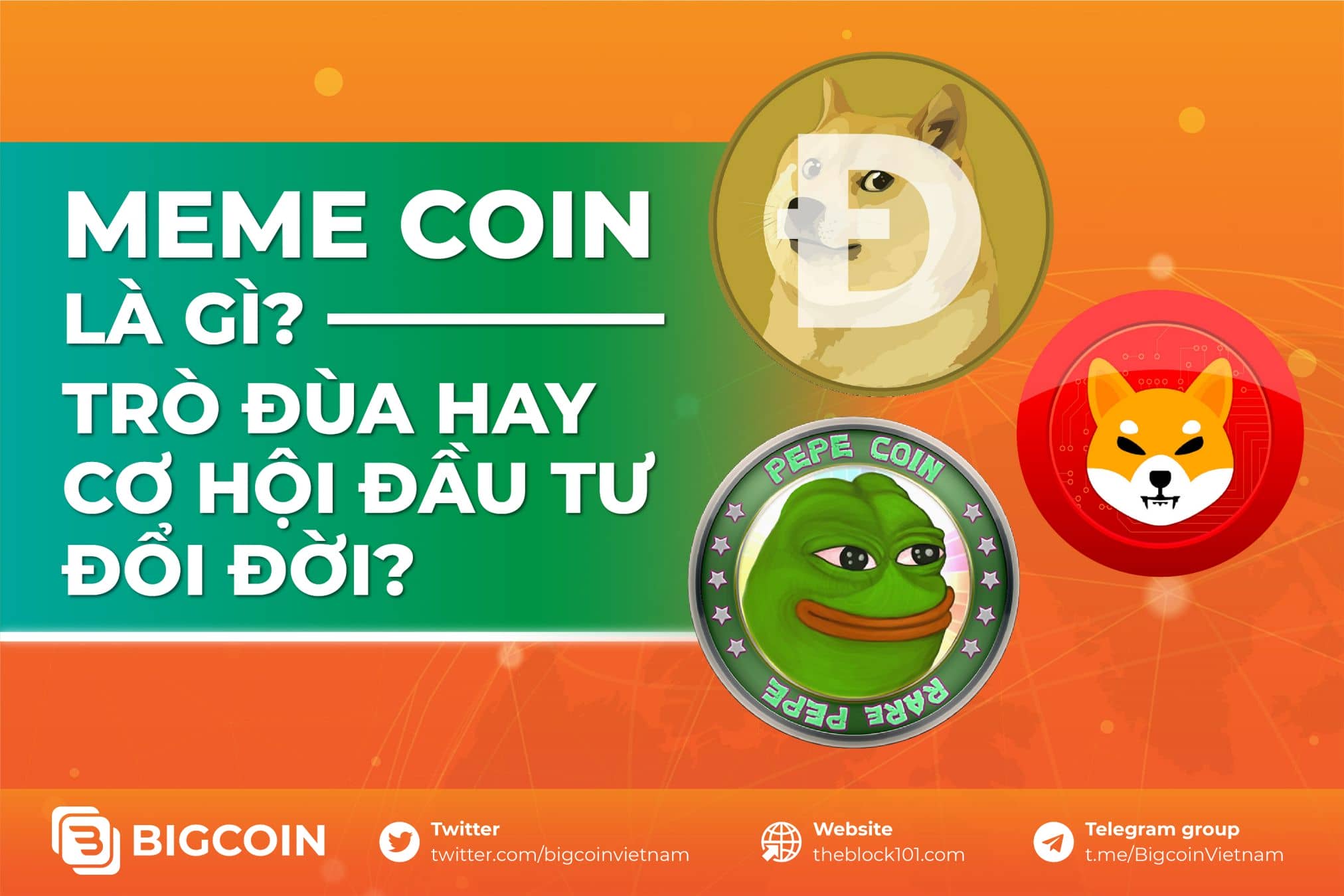1. Uniswap DEX
.jpg)
Uniswap is one of the most recognized decentralized exchanges, known for its pioneering role in the DeFi space. Launched in 2018, Uniswap revolutionized token trading by enabling users to swap ERC-20 tokens directly from their wallets, without the need for a centralized intermediary. It operates on the Ethereum blockchain and utilizes an Automated Market Maker (AMM) model, meaning that trades are executed against a liquidity pool instead of using a traditional order book. This model ensures better liquidity and a seamless trading experience, even for less popular tokens.
Uniswap's system relies on liquidity providers, who deposit two tokens into a pool and earn fees from trades made against their liquidity. Although it can experience high gas fees during times of network congestion, its security, reliability, and extensive token support have made it a go-to platform for DeFi traders. Uniswap also serves as a model for other decentralized exchanges, driving innovation in the space.
2. PancakeSwap
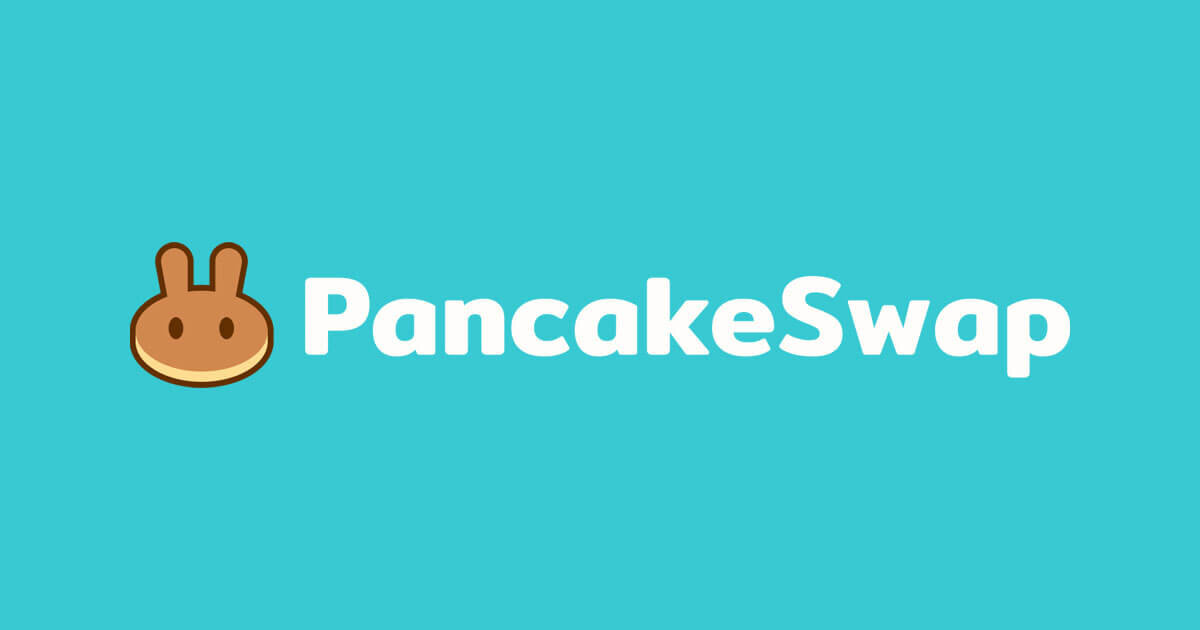
PancakeSwap, launched in 2020, is a rapidly growing decentralized exchange that operates on the Binance Smart Chain (BSC), offering a fast and low-cost alternative to Ethereum-based platforms. Thanks to its low transaction fees and faster confirmation times, PancakeSwap has become a popular choice among users seeking scalability outside of Ethereum’s congested network.
PancakeSwap also employs the AMM model, enabling users to trade BEP-20 tokens directly from their wallets. The platform includes additional features like yield farming, staking, and lotteries, which further enhance its appeal. Users can provide liquidity to various pools and earn CAKE — the platform’s native token — as a reward. CAKE tokens can be staked to earn more tokens or used in governance voting.
Innovative features such as Initial Farm Offerings (IFOs) and access to an NFT marketplace have made PancakeSwap a comprehensive DeFi platform. Its continuous development and strong community support make it a prominent player in the BSC ecosystem.
3. Curve Finance
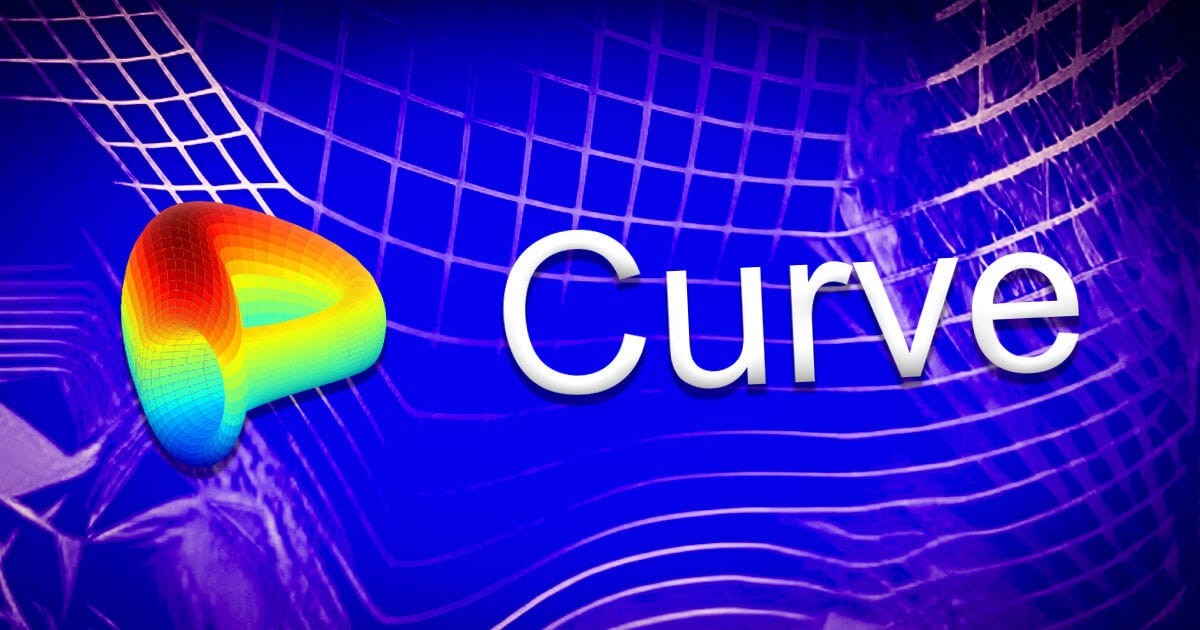
Curve Finance, launched in early 2020, is a decentralized exchange that specializes in stablecoin trading. It offers an optimized experience for swapping assets like USDT, USDC, DAI, and other stablecoins with minimal slippage and lower fees. Curve’s automated market maker model uses a specialized algorithm to minimize impermanent loss and slippage, making it a highly attractive platform for liquidity providers.
Curve Finance’s focus on stablecoins sets it apart from other DEXs, providing low-risk opportunities for users looking for steady returns. Its native token, CRV, plays a significant role in governance, allowing users to vote on proposals and influence the future direction of the protocol. Curve Finance’s integration with other protocols and consistent focus on stability has cemented its importance in the DeFi ecosystem.
4. Kine Protocol
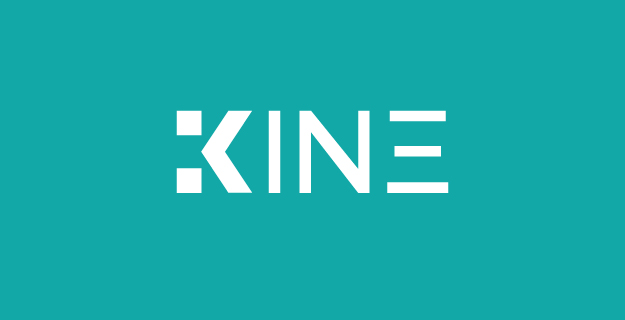
Kine Protocol differentiates itself by utilizing Layer 2 network technology, which reduces gas fees, making trading on-chain more affordable. Launched with the goal of providing a decentralized exchange without the high cost of transactions, Kine’s Peer-to-Pool model ensures liquidity while minimizing slippage.
A standout feature of Kine Protocol is the ability to use up to 200x leverage, offering users the opportunity to amplify their positions. Additionally, Kine supports multi-chain trading on Ethereum, BSC, Polygon, and Avalanche, offering more flexibility to traders. The platform also features a "Mission Center" where users can learn, play, and earn loyalty points, creating a community-driven ecosystem.
Kine Protocol’s innovative features, combined with its focus on minimizing transaction costs and providing users with high-leverage trading, make it a unique offering in the decentralized exchange space.
5. 1inch
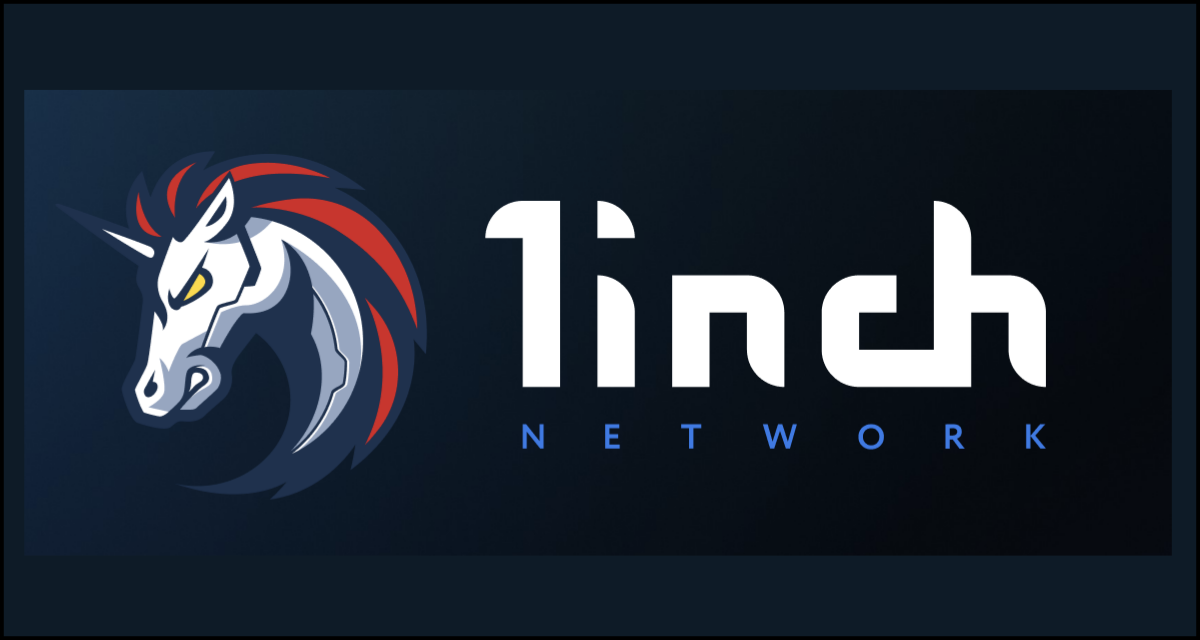
1inch is not a traditional decentralized exchange but a DEX aggregator, designed to find the best prices across multiple decentralized exchanges. Launched in 2019, 1inch automatically splits a trade between different DEXs, such as Uniswap, SushiSwap, and Curve Finance, to ensure users get the best prices with minimal slippage and trading fees. This is powered by its Pathfinder algorithm, which analyzes liquidity across multiple platforms and identifies the most efficient route for a trade.
1inch operates on multiple blockchains, including Ethereum, Binance Smart Chain, and Polygon, offering a wide range of tokens and trading pairs. Users can also earn rewards through liquidity mining by providing liquidity to the platform. Advanced features such as limit orders and gas fee optimization make 1inch a preferred option for professional traders who prioritize trading efficiency.
6. IDEX
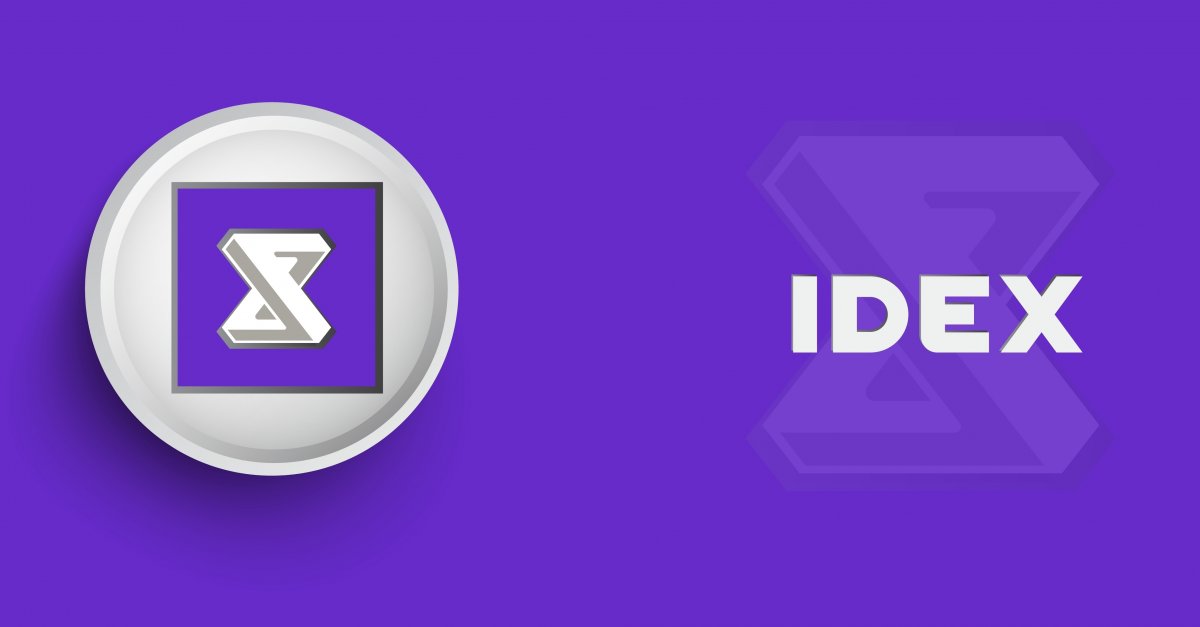
IDEX, launched in 2018, is a hybrid decentralized exchange that combines the best of centralized and decentralized exchanges. While most DEXs rely on AMM models, IDEX uses an off-chain order book and matching engine to process trades, ensuring faster execution and lower fees while still settling all transactions on-chain. This hybrid approach provides the speed and efficiency of centralized exchanges, alongside the security and control that come with decentralization.
IDEX supports Ethereum-based tokens, along with assets on other blockchains like Binance Smart Chain and Polkadot, expanding its reach for traders. It also offers advanced trading features such as limit and stop-loss orders, making it suitable for both beginners and experienced traders looking for more control over their trades.
7. SushiSwap
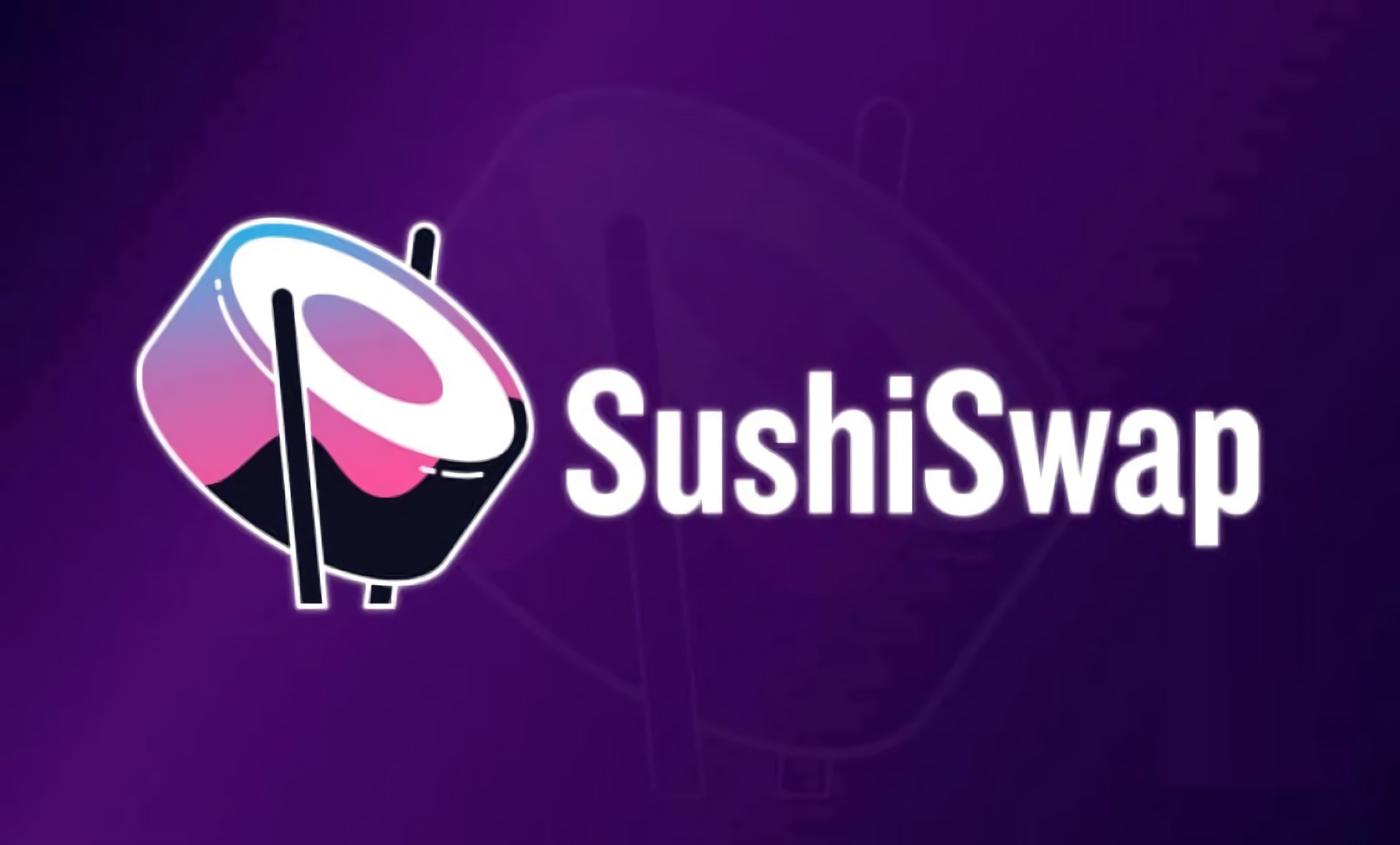
SushiSwap, a fork of Uniswap, was launched in 2020 and quickly gained popularity for its community-driven approach and additional features. Like Uniswap, SushiSwap allows users to trade ERC-20 tokens directly from their wallets. What sets SushiSwap apart is its emphasis on rewarding liquidity providers with its native token, SUSHI. Users who stake their SUSHI tokens in the SushiBar receive additional rewards, helping to create a strong, engaged community.
In addition to token swaps, SushiSwap offers yield farming, staking, and lending, making it a comprehensive DeFi platform. With cross-chain support for Binance Smart Chain, Polygon, and Avalanche, SushiSwap provides greater flexibility for users. Its governance model, where SUSHI holders can vote on proposals, emphasizes decentralization and community participation, which continues to drive its development.
Conclusion
Each of these seven decentralized exchanges offers unique features and capabilities that cater to different needs in the DeFi ecosystem. Whether you're looking for low fees, advanced trading tools, or a community-driven platform, these DEXs provide a wide range of options to enhance your crypto trading experience in 2024. From leading platforms like Uniswap and PancakeSwap to innovative solutions like 1inch and Kine Protocol, there’s a decentralized exchange for every trader’s needs.
Read more:

 English
English Tiếng Việt
Tiếng Việt.png)
